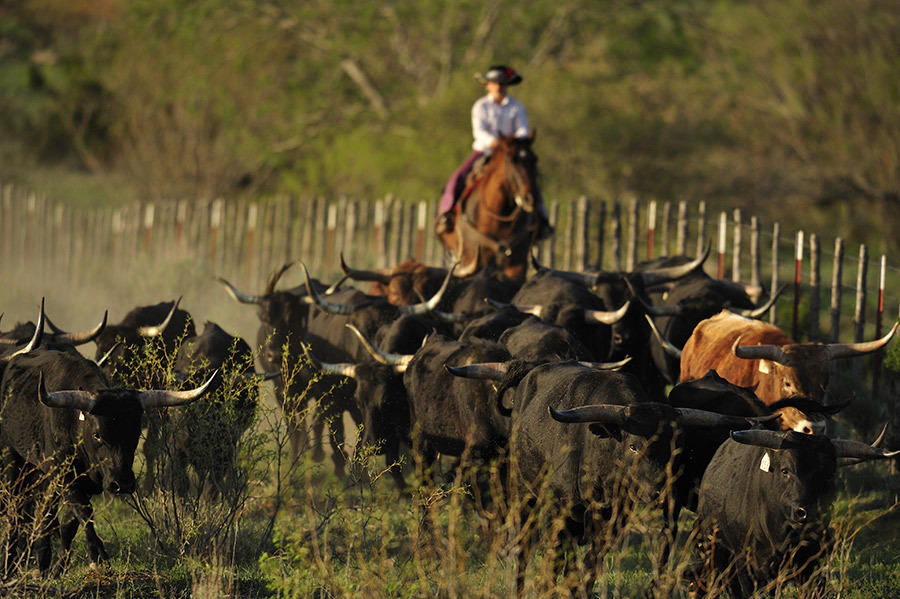



Call for Agricultural Action to Fight Global Hunger
GERMANY - An international call has been made for closer links between agricultural and food policies in the fight against global hunger.Speaking at the agricultural ministers conference during Green Week in Berlin, the German Federal Minister of Agriculture, Dr Hans Peter Friedrich, said that it was not enough to only look at the output volumes.
Dr Friedrich called for the preservation of agricultural diversity and the conservation of resources worldwide.
"Preserving agricultural diversity is not a luxury; it is a matter of survival. Plant varieties, once lost, cannot be recovered. We must therefore conserve our genetic resources worldwide on a permanent basis and make better use of them," he said.
Dr Friedrich added that it was not just hunger that was the problem, but also malnutrition caused by an unbalanced diet.
The United Nations' Agriculture Organisation FAO estimates that there are still 840 million starving people around the world and a further two billion people are seriously compromised in their development by malnutrition or undernutrition.
"The right to food for everyone also represents a right to have access to the entire diversity of creation," said Dr Friedrich.
He added: "Producing enough food for mankind whilst securing the foundations for a nutritious, diverse and balanced diet - this is a big challenge."
He said that agriculture had to be made as resilient as possible to climate change, volatile markets and dwindling resources.
"There is no single solution that is valid for all regions and all problems. What we need here are intelligent, site-adapted and sustainable models that are suited to the people on the ground.
“The diversity of local plant varieties plays an important role in this context. They are adapted to the local climatic conditions and soils. Conventional breeding can make them even more productive and resilient."
The German agriculture ministry is to establish new cooperative research projects with emerging and developing countries in the food sector.
But he warned about the threat of monopolies over access to genetic resources.
"We cannot allow smallholders in emerging and developing countries to become dependent,” he said.
He said the conclusion of the International Seed Treaty and the foundation of the Global Crop Diversity Trust therefore marked important steps.
He went on to say that Germany contributed significantly to this, also within the FAO Commission on Genetic Resources, and succeeded in bringing the seat of this United Nations' organisation to Bonn.
The Federal Minister welcomed the industry's strong participation within the Global Forum for Food and Agriculture (GFFA).
He that farm machinery manufacturers, experts on infrastructure, food, agriculture as well as science and research were needed more than ever.
"Politics alone cannot eliminate hunger in the world. We can only master this Herculean task by joining forces. This requires broad-based and well-coordinated social commitment, driven by industry, science, non-governmental organisations and international organisations that would concentrate in particular on involving people on the ground."
This year, for the first time, the GFFA panel not only includes members of government and UN organisations but also representatives of civil society.
"We can only master the huge challenges facing us by engaging in a dialogue. We need to talk and listen to each other more," said Dr Friedrich.
During the summit Canadian Agriculture Minister Ritz called for a science-based approach to regulation to secure access to food, increase rural incomes, and attract investment. The Minister encouraged countries to attend a meeting being held by the Food and Agriculture Organization of the United Nations in early 2014 to raise awareness of the impacts of certain regulations on trade.



